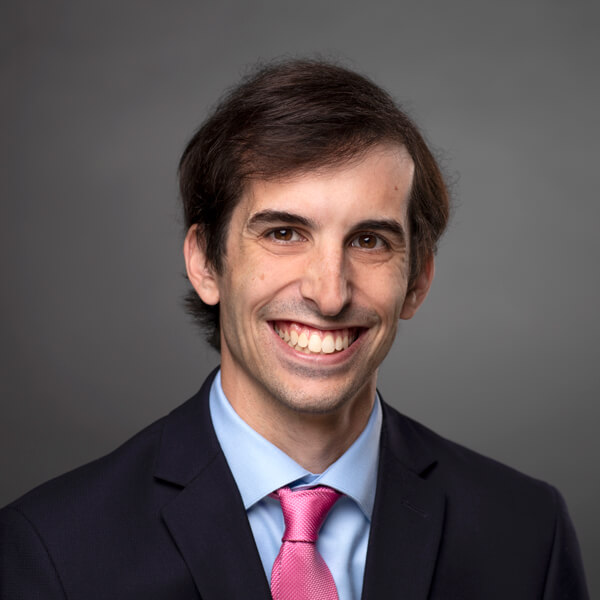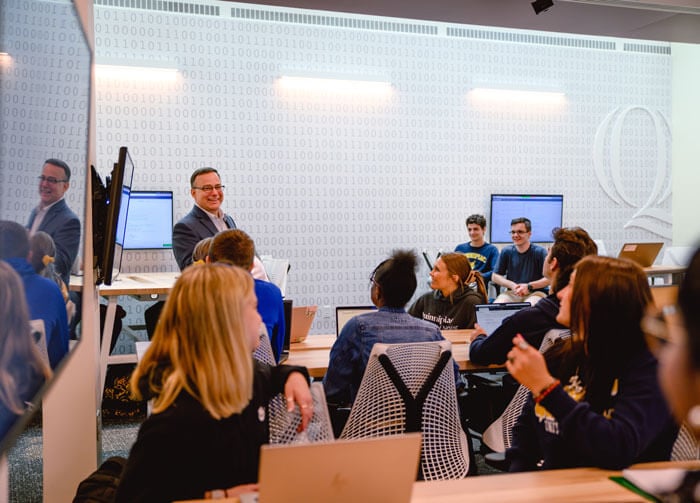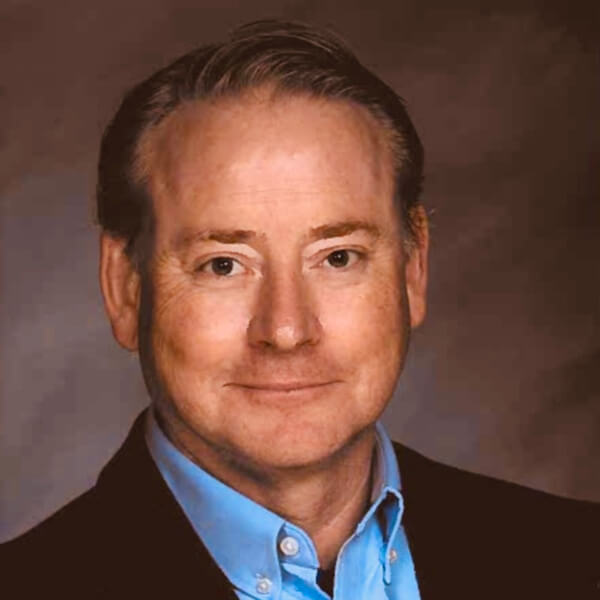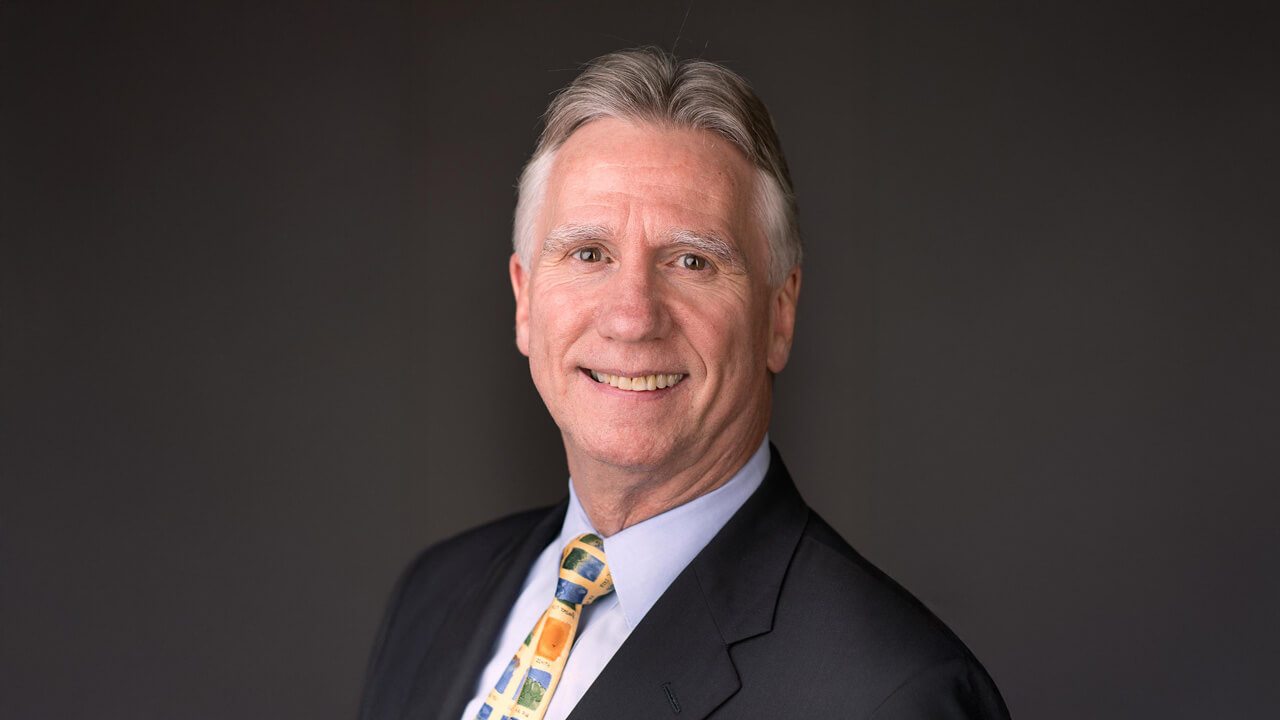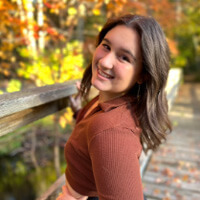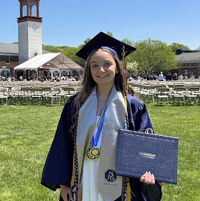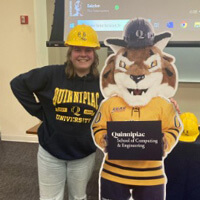Your interdisciplinary education begins here
Quinnipiac’s First-Year Seminar (FYS) marks the beginning of the University Curriculum (UC) and is the launchpad for your interdisciplinary education. These dynamic, discussion-based courses explore today’s most pressing issues through multiple lenses, from science, education and politics to media, race, business and beyond.
With a wide range of course themes – such as leadership, emotional intelligence, societal impact and global questions – you’ll find something that speaks to your interests. Each class is developed and led by a passionate instructor, and many are supported by a Peer Catalyst, creating a collaborative, inclusive space where your voice matters.
FYS is more than a class – it’s a community. You’ll be introduced to the value of cross-disciplinary learning as you collaborate with other students from all majors, build confidence in your voice and begin your journey as a lifelong learner.
Professional scholars and mentors
Our instructors come from all eight of Quinnipiac’s professional schools and the College of Arts & Sciences, bringing a wide range of academic expertise – from business and law to health sciences, communications and beyond. Others come from a variety of offices across campus and draw on real-world experience in roles such as career advisors, school administrators, lawyers and mental health counselors. This rich blend of academic and professional backgrounds ensures that every FYS course offers students a multidimensional and deeply relevant learning experience.
Every FYS course is uniquely crafted by its instructor to spark curiosity and prepare you for the journey ahead. Drawn from their own academic and professional expertise, FYS faculty design courses that introduce recent high school graduates to the excitement and challenges of college-level learning. Whether you're exploring sustainability, sports, science fiction, business success or the complexities of homelessness, your instructor will guide you in unpacking the depth and significance of the issue at hand – helping you think critically, ask big questions and engage with real-world problems.
Peer Catalysts
Peer Catalysts are outstanding peer educators dedicated to helping you successfully transition to Quinnipiac University. Working alongside faculty in First Year Seminar (FYS) courses, Peer Catalysts (PCs) play a key role in fostering academic belonging and building a strong classroom community.
As academic mentors, PCs take the time to understand your individual needs and support your intellectual growth into independent, confident, multifaceted thinkers. They model success, build self-confidence, strengthen learning strategies, and encourage you to explore issues from multiple perspectives. PCs lead group discussions and projects and collaborate with faculty to design and implement engaging in-class activities. Outside of class, they offer academic support, mentorship and guidance to campus resources – helping you navigate and thrive in college life.
